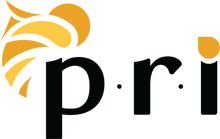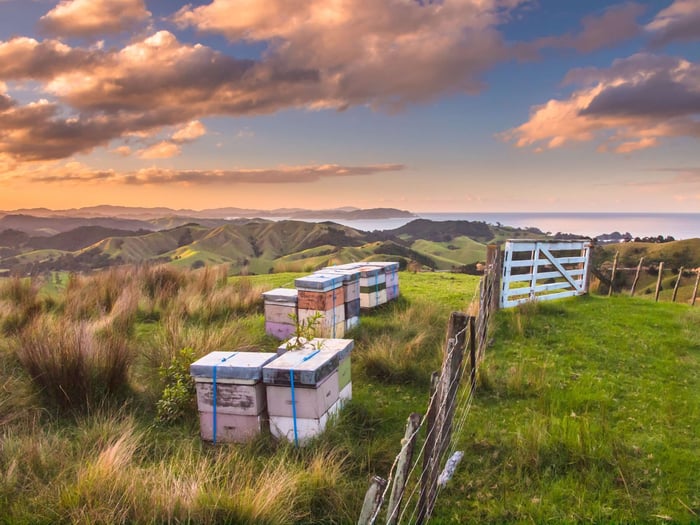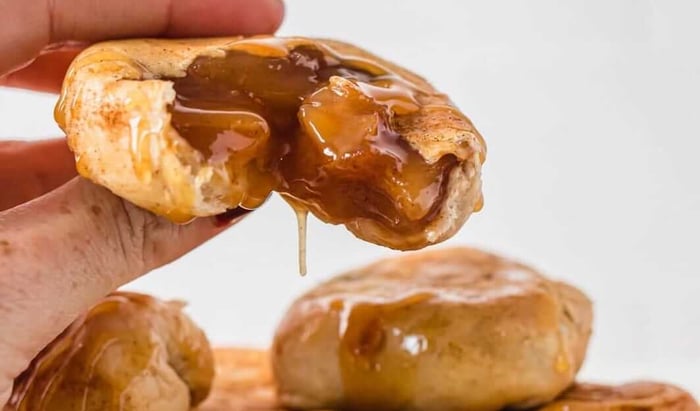What is sustainable beekeeping? While the word “sustainability” means different things to different people we generally define it as meeting the needs of our current population without compromising the ability of future generations to do the same.
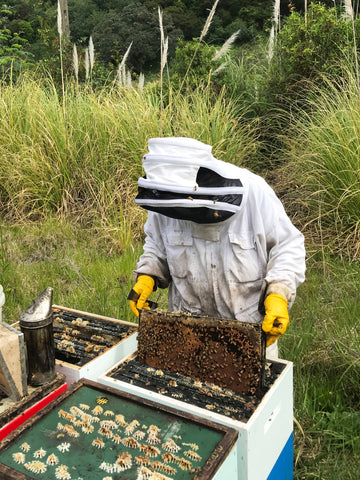
Beekeeping or apiculture is the process of maintaining honeybees and hives. It is a centuries old tradition. A beekeeper collects honey and other products that the hive produces like Honey, Royal Jelly, Propolis and Pollen. Bee population has been declining in recent years and the role of the beekeeper is very important when it comes to achieving sustainable development. By restoring healthier bee populations and using management care for bees in a way that respects their natural processes can improve the ecological agriculture which can help pollination.
We asked Terry Bone, third generation beekeeper, to describe in further detail what sustainable beekeeping means, in practice. Here is what he said:
- Balancing bee health and welfare with a viable commercial operation.
The aim is to protect and maintain healthy, capable and indigenous honeybees. This is about balancing the amount of honey or other bee products taken from hives to make the business viable vs. leaving enough honey for the bees to survive without excessive supplementary feeding of cane sugar and pollen substitutes.
- Do not put anything into the hive which did not come from the bees.
This introduction of certain chemical substances like pollen substitute, stimulants, antibiotics etc., can cause the bees to display disorientation or unusual behavior.
- Do not take anything out of the hive which the bees cannot afford to lose.
Collecting honey and pollen doesn’t harm the bees, only a small amount is taken during the collection process. The honey and pollen that is not harvested goes to feed the colony.
- Keep bees local. Bees are best suited to their own unique conditions and environment.
In NZ, bees are certainly moved to be near a pollen source like manuka or for pollination, but the distances are not large. Honeybees can thrive and adapt well in their natural habitat or domesticated environments.
Hives are not moved by great distances. In NZ, hives are typically kept within regions. In some larger countries like the US, hives are transported across many states to pollinate crops like almonds. This is very tough on bees.
- Leave enough honey for bees to feed through winter and minimize supplementary feeding of cane sugar.
There has to be enough honey in the hive to carry the colony through winter. If too much honey is taken the cane sugar can be a valuable management tool to supplement a shortage, but is not ideal.
- Keeping intervention into hives at a minimum.
Bee hives require good management and natural intervention techniques to ensure the survival and production, enabling good bee colony health.
- Not treating disease with antibiotics which can filter through to honey.
In NZ, the use of antibiotics is illegal. Beekeepers are required to burn any hives and equipment which become infected by disease like AFB (American Foulbrood). Beekeepers must take preventive measures through managing honey bee colonies to reduce the spread of disease.
Supporting the process of sustainable development through education and innovation can protect our ecosystem and preserve natural resources for future generations. In the long term, it can reduce the risk of natural hazards and the entire world benefits. If you are interested in learning more about this, Terry recommends watching “Queen of the Sun” a film which explores mysterious colony collapse disorder and how beekeeping is practiced around the world.
PRI is supporting research and preservation efforts to provide “best practices” education for beekeepers and farmers that will help honey bees. A portion of proceeds from PRI’s honey sales go to the cause led by the Glory Bee. The SAVE the BEE initiative is a partnership committed to protect honey bees by increasing public awareness of the role honeybees play in a healthy food supply.
Resources:
https://friendsoftheearth.uk/nature/why-do-we-need-bees
https://www.orkin.com/pests/stinging-pests/bees/honey-bees/habitat-of-a-honey-bee
https://www.sciencedirect.com/science/article/pii/S0167587718307906
https://www.sustain.ucla.edu/what-is-sustainability/
[dib_prod_1403437572]
Manuka Honey 100+
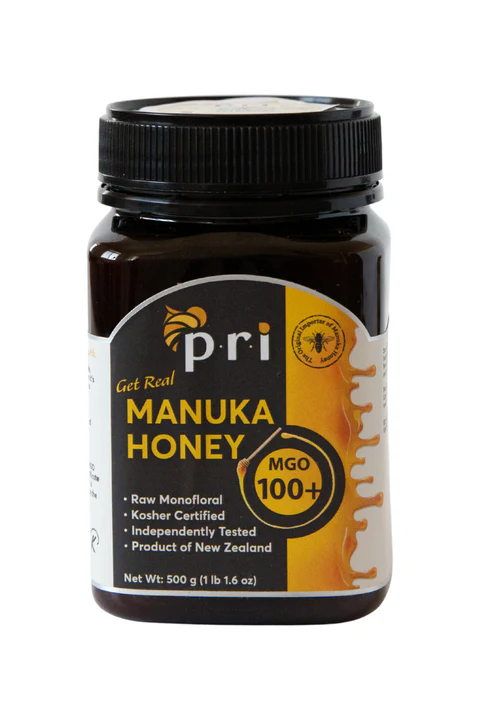
$ 29.99
Our family was the first to bring distinctive, authentic, cool-processed, raw Manuka Honey to the U.S.Sourced from native Manuka trees found in New Zealand & Australia, Manuka Honey has been used for centuries by native peoples. Today doctors, naturopaths, and… Read More
PRI Manuka Honey MGO 150+
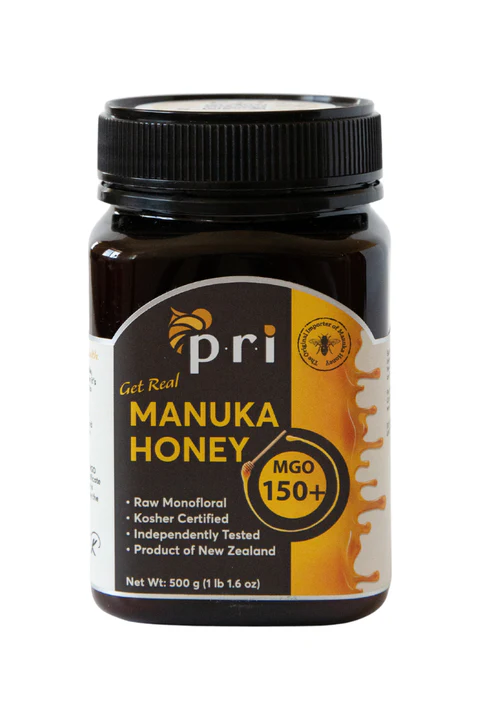
$ 34.49
Our family was the first to bring distinctive, authentic, cool-processed, raw Manuka Honey to the U.S. Sourced from native Manuka trees found in New Zealand & Australia, Manuka Honey has been used for centuries by native peoples. Today doctors, naturopaths,… Read More
Manuka Honey MGO 200+

$ 39.99
***New Label - Same great Manuka honey!*** Our family was the first to bring distinctive, authentic, cool-processed, raw Manuka Honey to the U.S. Sourced from native Manuka trees found in New Zealand & Australia, Manuka Honey has been used for… Read More

